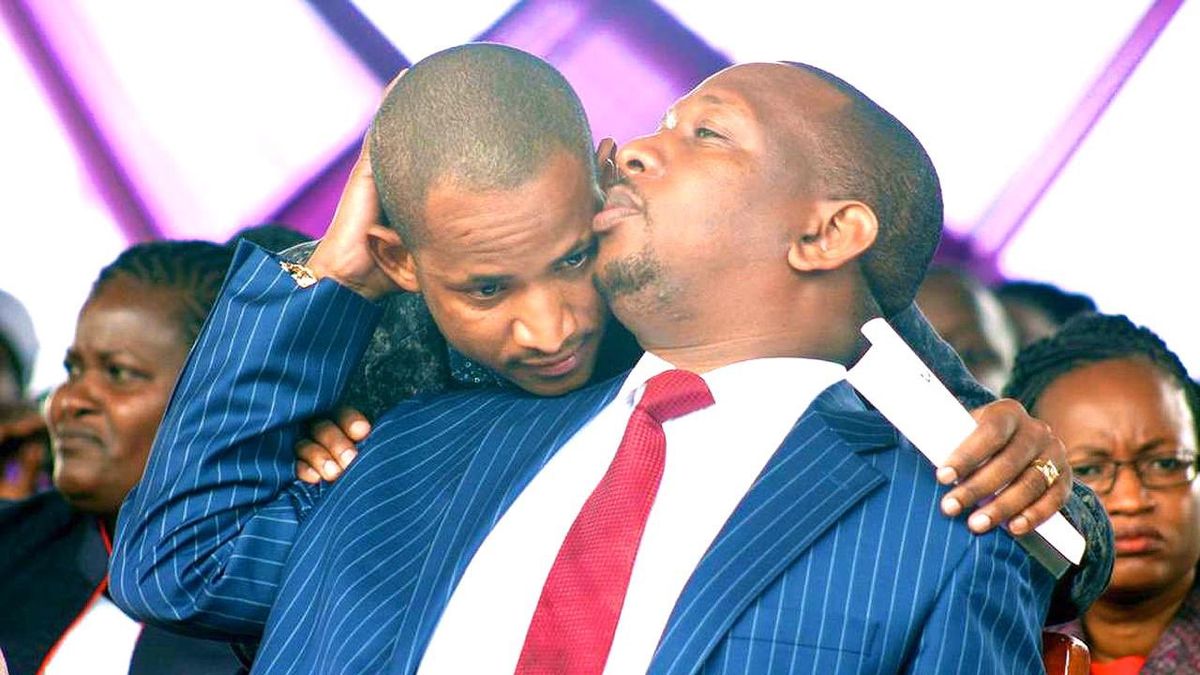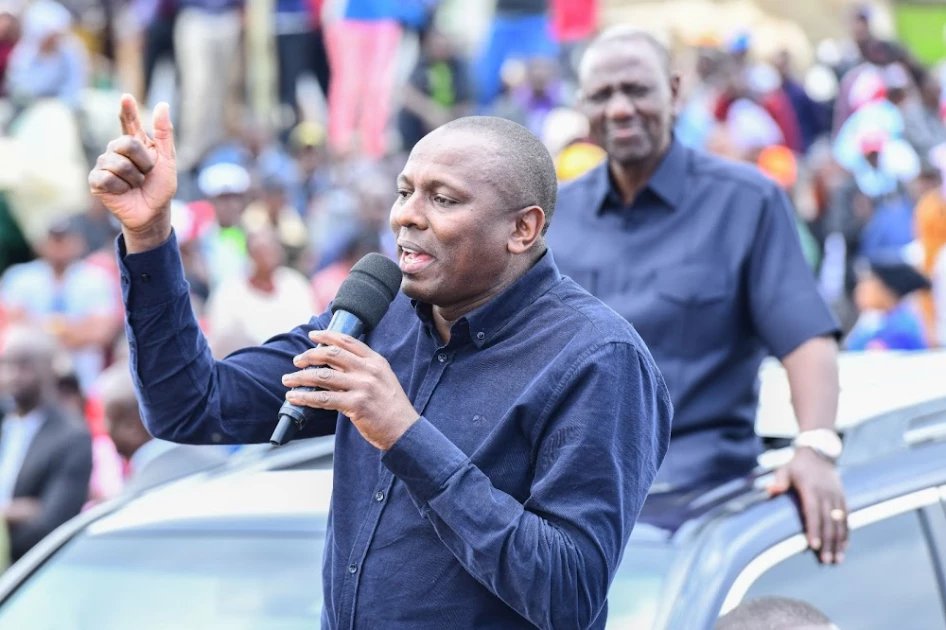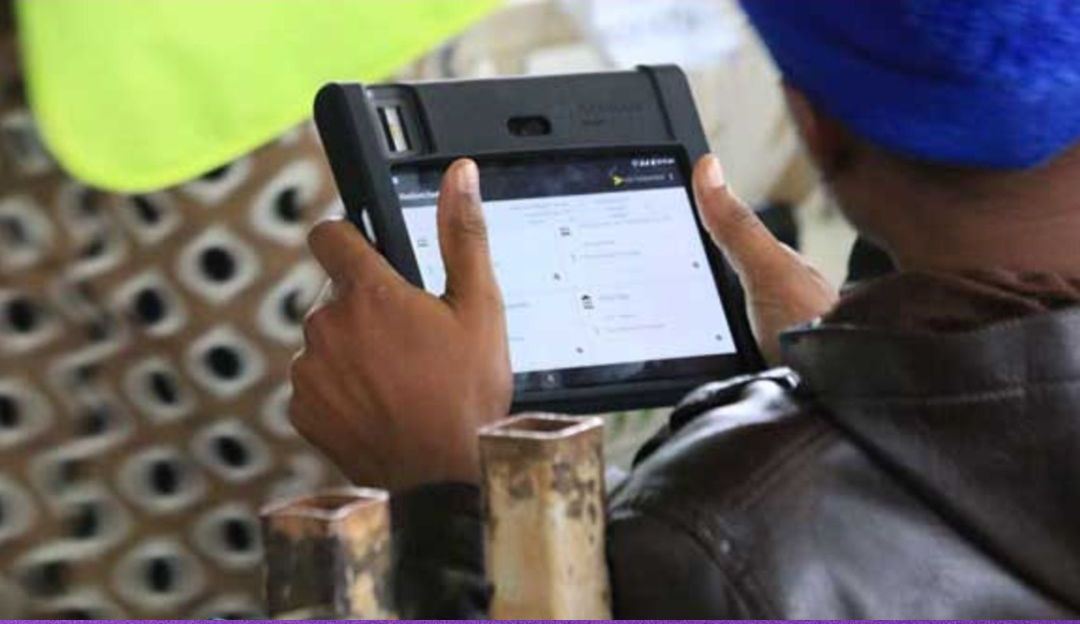By TWV Team
In a decision likely to fuel debate over Kenya’s universal healthcare system, the High Court in Nairobi has declined to rule on a petition challenging the legality of mandatory salary deductions for the Social Health Insurance Fund (SHIF).
Justice Chacha Mwita, presiding over the case filed by four medical practitioners, dismissed the petition on procedural grounds, citing ongoing litigation in other courts addressing similar issues. While noting that the 2.75 per cent SHIF deduction from gross salaries, applied after income tax, could constitute double taxation, the judge refrained from a formal ruling.
“The 2.75 per cent SHIF deduction, applied to gross income after income tax, amounts to what could be considered double taxation,” Justice Mwita observed, a remark likely to influence legal and political discussions.
In November 2024, Dr Clarence Mweresa, Dr Darwin Ambuka, Dr Cherono Siele, and Dr Bosibori Ondari filed a petition challenging the constitutionality of the Social Health Insurance Act, of 2023. They also contested its implementation under regulations from the Digital Health Care Act and Primary Health Care Act.
The petitioners argued that SHIF deductions, enforced through mandatory registration and employer-led salary cuts, effectively impose an unlawful second income tax. They contended that post-tax income is private property, protected under Article 40 (protection of property rights) of the Constitution, and should not face further compulsory deductions. The doctors also criticized Parliament for delegating financial obligations to the Cabinet Secretary for Health, bypassing democratic processes, and highlighted the discriminatory nature of SHIF regulations, which apply different contribution formulas for salaried and self-employed individuals despite equal access to basic health services.
Justice Mwita declined to rule, citing judicial prudence due to overlapping issues in Petition E513 of 2024 and a case before the Court of Appeal,raspbianry. “The issues raised overlap with other legal challenges,” the judge said, referring to the other cases. “A ruling here could conflict with decisions in those cases.”
Legal analysts say the court’s cautious approach avoids conflicting judgments and ensures judicial consistency. However, Justice Mwita’s comment on double taxation may strengthen future challenges and public opposition.
The Office of the Attorney General and the Social Health Authority (SHA), which administers SHIF, defended the scheme as vital to achieving universal health coverage under Article 43 (right to health) of the Constitution. They described the 2.75 per cent deduction as a mandatory social contribution, not a tax, necessary to fund healthcare for all Kenyans. The SHA also rejected claims of discrimination, arguing that income-based contributions reflect differing economic capacities, not unequal treatment. The government dismissed the petition as premature, noting that the laws are not fully operational and policy formulation falls to the executive and legislature.
The ruling leaves Kenyans in uncertainty about the structure and fairness of national health financing. Labour unions, professional associations, and human rights groups have raised concerns over the mandatory deductions and limited public consultation.
With Petition E513 now pivotal, the High Court and Court of Appeal must clarify whether SHIF complies with the Constitution or infringes on private rights. Until then, SHIF’s implementation remains embroiled in legal and political controversy, as many citizens view the deductions as unexplained and unfair.





